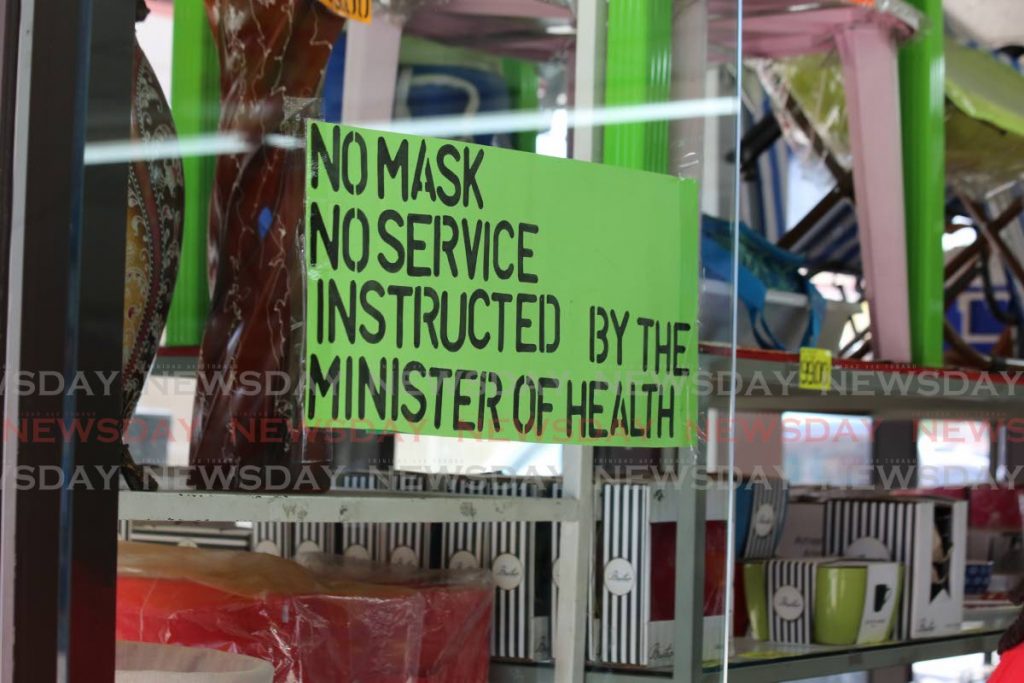Who has what it takes to set national or business policies?

People are justifiably worried about our failing economy and its effects on business, and questions are being asked as “dark” commercial days continue.
Who makes these policy decisions for directions for the country? For the business or the organisation you work for? Is it the CEO? Or is it the chairman of the board? Is it a committee or team of employees with special technical knowledge appointed for that purpose? Is it a minister of government? Or Parliament?
Or is it none of the above? What can a manager do to help her employees as these “dark days” continue?
According to the Industrial Relations Act, a worker who is treated unfairly or not in accordance with good industrial relations practice can obtain the protection of the Industrial Court. Or, if they are dismissed in circumstances that are harsh or oppressive.
What this apparent contradiction means is even if the dismissal is "fair" – for example if they were caught in the act of theft of the company’s goods – they may be forgiven by the Industrial Court if the dismissal was not handled “fairly” or in accordance with the correct procedure.
Someone who is responsible for making policy, including policy for hiring and firing, or has an effective voice in making that policy, is exempt from the definition of "worker” and from the protection of the court. The act, in its definitions, refers to an "employer" only as someone who employs a "worker," not as a manager.

In the real world, people who fit the definition of someone who is responsible for making policies that will affect people in an organisation are usually termed managers. The act, in speaking of the "formulation of policy or contributing to the formulation of policy within an undertaking," or "in control of a department or the whole of an undertaking or business," exempts those people from the protection of the court. It does not use the term "manager" to identify them. They are just “not workers.”
So what qualifies someone to make policy?
To be a judge on that court one must be a lawyer of five years’ standing, be qualified in industrial relations, an accountant, an economist, or at least qualified to be a judge of the Supreme Court.
Policy is important when it comes to deciding on disputes about organisational safety and health, for example, and fortunately the president of the court is herself an internationally recognised expert in that field, as many disputes arise over real or manufactured issues regarding safety and health.
As has been often pointed out, the requirements for absolute safety and health under the OSH Act would condemn most homes as unsafe, and thus have been used as an excuse for a "go-slow,” a “work to rule” or “work stoppage” when employees have nothing else to use to put pressure on their employer to agree to their wishes and do not want to go through the lawful procedures to call a legal strike.
It happens. And most mid-sized to large companies therefore have managers formally qualified to recommend to the CEO and the board of directors the necessary safety and health policies.
What about covid19 or other health issues? The health policy will ultimately be the responsibility of the board.
So the next step is to ask, “What qualifies someone to be a member of a board?"
Usually the buck stops there. And if no directors have the knowledge or training in a policy field, they may decide that cost is more important than safety, and, as happened in Miami recently, and in Mumbai and Delhi, buildings suddenly collapse or are burnt to a cinder despite safety and health recommendations made to prevent that happening five or seven years ago. Or, despite recommendations made by the internal safety and health manager, sanitation is slighted, and yards are flooded, so viruses of one sort or another continue.
I am informed there are 40,000 common flu viruses identified currently to which we are all regularly exposed and have built up antibodies against from childhood.
Are anti-viral regulations now being enforced by joint decision of Cabinet? And how many of its members have qualifications, other than political ones, to make wise and just policy decisions? Or is that something that is learned or not learned on the job? As they move from portfolio to portfolio?
I commend to everyone concerned with the failing economy to look away from covid-blaming to Prof Rajendra Ramlogan’s important article of June 21 this year, entitled Cream rises to the top everywhere but here, in his pointed comparison of the economies of two other small island states, both slightly smaller and with fewer people than ours: the first Mauritius, originally agricultural, with an ethnic mix like ours; the second, Singapore, compared to TT in size and population at independence, with little in the way of natural resources. Both are now thriving, with GDPs in one case 50 times what it was at independence, while ours has declined every year for the past six or seven years.
Singapore passed its anti-corruption act in 1960 with harsh penalties for anyone in office who offers or receives “commissions” or bribes and for anyone in the private sector who offers them.
We got around to passing an anti-corruption act in 1987, close to 30 years after independence, which may have established a different pattern for those in power.
Our culture is different, of course. Directors on government-owned corporations are chosen politically. I remember one girl a year out of UWI appointed to the board of a government energy company. Another policy-making board had as a member someone qualified as a cook. And in the private sector, family members and people the owner used to play cricket with were appointed to boards.
These are the people whose political and managerial skills put them in positions of making policy for the national economy, public and private.
I wonder how they do it in Singapore and Mauritius?


Comments
"Who has what it takes to set national or business policies?"